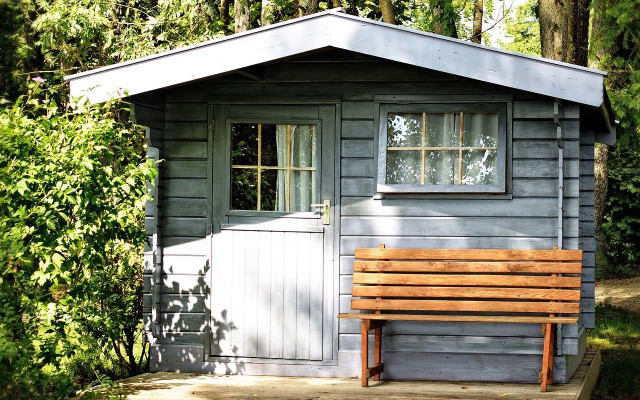Frugalism is an informal movement centered around the idea of spending as little money as possible to gain freedom and independence. We’ll explain what frugal living means and give you some tips for how to add a bit of frugalist wisdom to your own life.
For frugalists, spending very little money and living a happy life are not opposites. Frugalism focuses on things like deep friendships, physical fitness and lifelong learning for fulfillment and satisfaction — things that don’t cost money but are nevertheless incredibly valuable.
What Does Frugalism Mean?

Frugalism is similar to minimalism but focuses on finances and living within a budget. Frugal living is about being careful about where every dollar goes and thinking about how to maximize the value of every penny. Frugalism is a form of conscious consumerism.
It’s not only about frugal living — there is also a concrete goal. The idea of frugalism is based on an American movement called FIRE, which stands for “Financial Independence, Retire Early.” The goal of frugalism is to live a lifestyle that allows you to save as much money as possible, eventually accumulating enough wealth to retire early. These days, some frugalists just dream of retiring — ever.
The Frugalism Formula



Traditionally, many frugalists aim to retire by 40. How much money do you need to save to do that? According to the Guardian, the goal is 25 times your annual spending. After that, you can invest your money in stocks and shares and live off the “safe withdrawal rate” of 4% per year for the rest of your life.
The more you save by frugal living, the faster you reach your goal. If you save 10% of your income, it will take you 51 years to save enough to reach that target. If you set aside 50%, you can do it in 17 years. If you save 75% of your income, it is possible in just seven years.
7 Frugal Living Tips for Beginners
Frugalists radically reduce expenses and try to optimize spending as much as possible. If this idea inspires you, here are seven practical frugal living tips:
- Reduce your fixed costs (rent, insurance, cell phone, all contracts) to a minimum. For tips on how to cut your grocery bill, read 10 Tips for Grocery Shopping on a Budget.
- Travel by bike or walk instead of using other, more expensive means of transport. Unnecessary expense is one of several important reasons not to own a car.
- Cook for yourself instead of going out to restaurants.
- Meet up with friends at home instead of going out.
- Sell old things you no longer need at thrift stores or online second-hand stores.
- A frugal living tip you can easily incorporate is to buy second-hand whenever possible. It’s good for your wallet and the environment.
- Try to solve a problem with your existing resources instead of buying something new right away. For example, learn about visible mending or how to darn a sock, and how to glue porcelain.
For more information about using what you have to create something new, check out our article What Is Upcycling and How Is It Different From Recycling?
Frugal Living: Things to Consider



There are some things you should think about before deciding whether frugal living is for you:
- Frugalism’s goal of early retirement goal can only be realized by people privileged enough to have relatively high-paying jobs. Anyone paid at or just above the minimum needed to survive will have a difficult time saving enough money to retire early.
- Frugalism is not for everyone. If eating at Michelin-starred restaurants or collecting vintage cars is your favorite pastime, this lifestyle likely isn’t for you.
- Frugalism is not only about living frugally right this second — it is a life-long commitment. Because your budget is calculated according to your annual spending, you must continue to keep that annual spending consistent over the years, even after you retire.
- Many people have chosen frugal living to stop working earlier and pursue their dreams without worrying about income. Retirement isn’t just sitting around doing nothing. It means freedom to write the book or the screenplay you’ve always wanted to, hike the Appalachian trail or get involved in environmental activism.
- To be a successful frugalist, you need to have real knowledge of the financial markets. Take the time necessary to gain a real understanding of how the system works. Get informed about where your money goes to make sure that you invest in line with your values.
Do you like this post?








